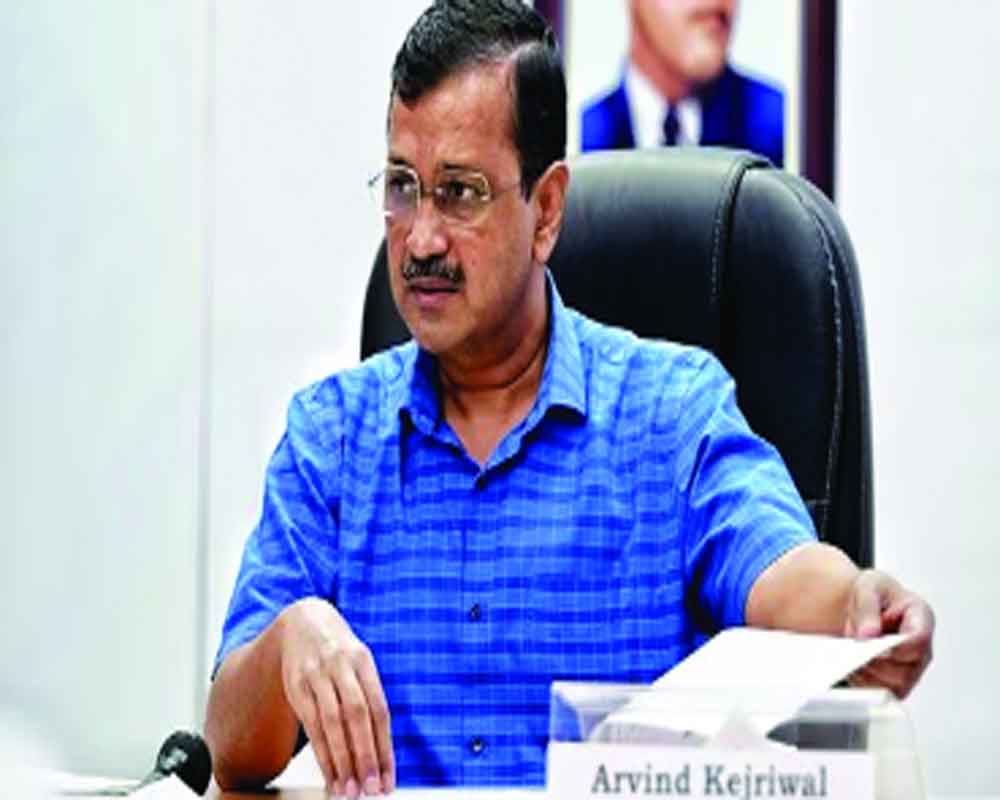The arrest of a Chief Minister presents a formidable challenge not only to the leader but also to the principles of democratic governance
The recent arrest of Arvind Kejriwal, Chief Minister of the National Capital Territory (NCT) of Delhi, has thrust into the spotlight a complex web of legal, constitutional and ethical considerations. As pundits dissect the ramifications of this unprecedented event, one question looms large: should an arrested Chief Minister resign? This inquiry delves deep into the heart of democratic governance, probing the delicate balance between legal accountability and executive authority.
At the heart of this debate lies the presumption of innocence, a fundamental tenet of any democratic legal system. Yet, the recent legislative amendments in 2019, which shifted the burden of proof onto the accused, have muddied the waters of legal discourse. Amidst these changes, media attention has swirled around the fate of Kejriwal’s tenure, overshadowing discussions on the intricacies of his legal case and the broader issues of electoral integrity.
Historical precedents offer some insight into this conundrum. The resignations of Lalu Prasad and Hemant Soren in Bihar and Jharkhand, respectively, following legal proceedings, illustrate the complex interplay between executive authority and legal accountability. However, the absence of explicit constitutional provisions or precedents regarding the resignation of an arrested Chief Minister necessitates a nuanced examination of parliamentary conventions and legal principles.
Central to this discussion is the concept of holding office at the pleasure of the appointing authority. In the case of NCT Delhi, where the Chief Minister is appointed by the President, Kejriwal’s refusal to resign may jeopardize the pleasure of the President, potentially leading to his removal from office. However, the possibility of legal reprieve through bail proceedings could mitigate the necessity for resignation, albeit temporarily. Unlike the immunity enjoyed by the President and the Governor, a Chief Minister is not shielded from criminal proceedings during their term in office. This underscores the imperative for ethical conduct and accountability in public office, even in the face of legal challenges. The constitutional mechanisms available, including the appointment of a new Chief Minister by the President or the suspension of legislative functions, underscore the flexibility of our democratic framework in addressing such exigencies.
Nevertheless, the overarching principle of constitutional propriety and democratic norms suggests that an arrested Chief Minister should consider resigning from office. While innocence, until proven guilty, remains a cornerstone of jurisprudence, the spectre of prolonged legal battles and the potential disruption to governance warrant careful consideration. The recent legislative amendments empowering law enforcement agencies necessitate vigilant judicial oversight to safeguard fundamental liberties and uphold the rule of law. In conclusion, the resignation of an arrested Chief Minister reflects not only a commitment to democratic values but also a recognition of the practical challenges inherent in governing amidst legal controversies. As constitutional custodians, both the judiciary and the executive must uphold the principles of equality, liberty, and justice in such sensitive issues.
In the broader context of democratic governance, the arrest of a Chief Minister poses profound questions about the interplay between legal accountability and executive authority. While the presumption of innocence must be upheld, the practical realities of governance demand a delicate balancing act. Ultimately, the decision to resign in the face of legal challenges is not merely a matter of individual choice but a reflection of our collective commitment to the rule of law and democratic principles.
(The author is a former Additional Secretary of Lok Sabha and a practising advocate, views expressed are personal)


























